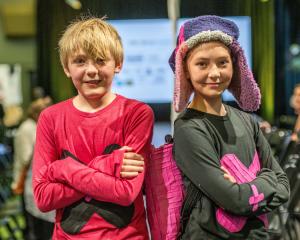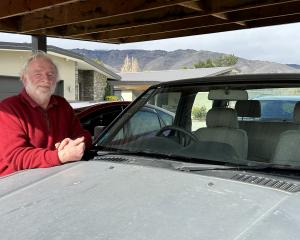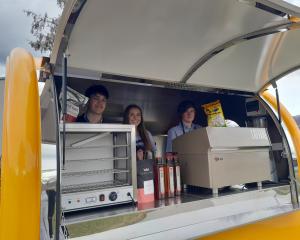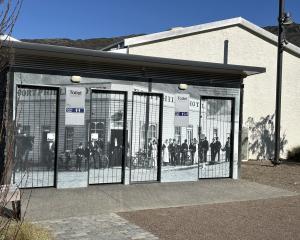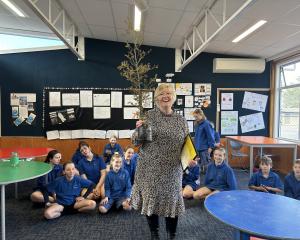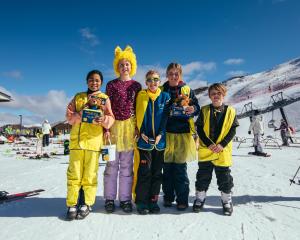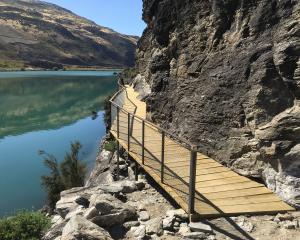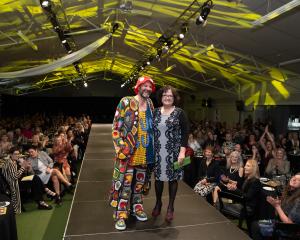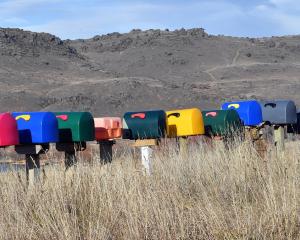"Between what the Prime Minister said about getting rid of the four wellbeings and financial pressures, the LTP [long-term plan] next year, there needs to be a fair warning to people that have had grant after grant after grant that this might be the last grants round," he said.
"We might be kicked out of this game; we might take ourselves out of it. I just think it would be wrong not to give a heads-up that that could happen — I’m not saying it will."
Two groups — Plunket and Victim Support — missed out on money in the round, which would be the only one for the financial year as all funds had been allocated, he said.
Mr Cadogan agreed with the recommendation in community development adviser Rebecca Williams’ report to the meeting to exclude those two groups.
It was not appropriate to fund national organisations because their funding had been reduced, he said.
"If we open that floodgate, where is that going to leave our local organisations’ funding? Not just this council but every council in the country."
Ms Williams said the grants from the council often gave organisations base funding, which then allowed groups to apply to other trusts that would not fund operational costs.
The largest grants were made to sport and arts organisations, with $44,000 each going to the Central Otago Heritage Trust (for a part-time co-ordinator) and the Central Otago District Arts Trust (for operational costs).
Sport Otago got the biggest grant of $48,312 to support three staff based in Central Otago.
Central Otago Health Inc received $7560 for administration expenses; Volunteer South got $5000 for support initiative huddl; and Life Education Trust got $4000 for delivery of programmes.
Council community vision group manager Dylan Rushbrook said the grants policy would be reviewed and that would include the timing of the grants rounds.
